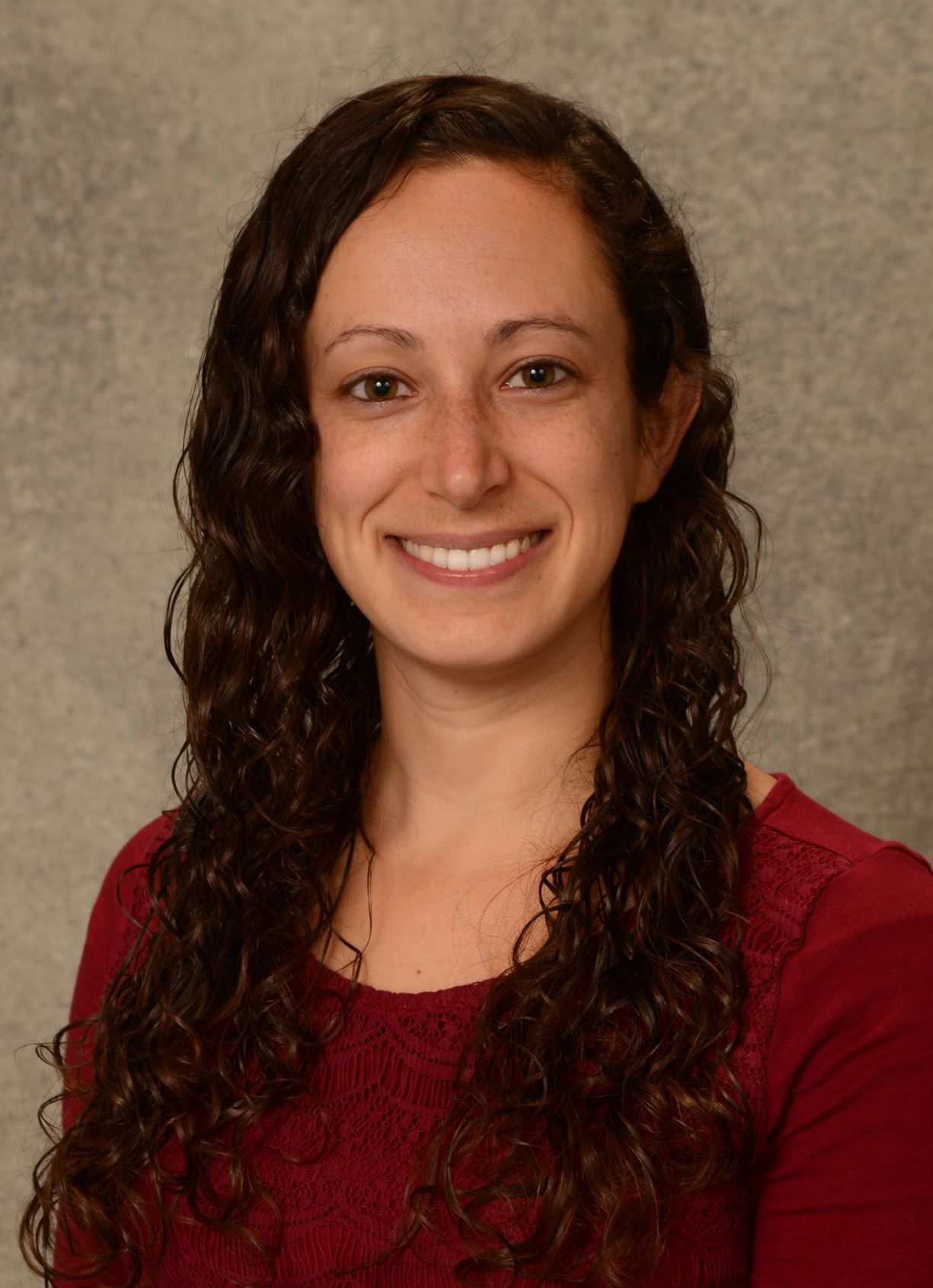OPINION | Sex-ed bill offers Colorado teens much-needed guidance on consent


Providing health care to the young people of Colorado is my passion. As a pediatrician specializing in adolescent medicine, I am thrilled that the Colorado Senate will soon be voting on a bill that would mandate that sex education in public and charter schools be comprehensive in content, inclusive of all genders, and evidence-based. Along with the mandate to include LGBTQIA-focused material, another essential part of this bill is the mandate to teach about sexual consent. Colorado would be the ninth state to institute this requirement into its sex-education policy. As national dialogue on this topic evolves, we must include adolescents in the discussion so they can make informed, healthy decisions about their own sexual lives.
Health care providers see every day the negative impact on our young people when consent is not discussed in Colorado schools. Just recently, I cared for a patient who told me she just had her first-ever sexual experience and was feeling uncomfortable. She was so upset by the experience that she harmed herself. She thought the guilt she was feeling about having sex before marriage was because she was religious, but that was only part of the situation. The story was a classic example of assault; a guy wanted to have sex with her, she said no, and he forced sex upon her regardless. When I opened up a dialogue with my patient about what had happened, she was shocked when we started to unpack that her first sexual experience wasn’t consensual.
Her denials about the assault came in many forms. She thought she didn’t try “hard enough” to make him stop, or didn’t fight back with enough physical force, leaving her at fault. That because of those things, it wasn’t rape. I was heartbroken to witness my patient only realize after the fact how devastating it is to not give consent.
I shudder to think how many of my patients have been sexually assaulted but didn’t recognize it and therefore did not receive the support they deserved or have the option of counseling. If this patient didn’t coincidentally have a physical scheduled days after her assault, she may have not had the opportunity to get the support she needed and the incident would have gone unreported.
I discuss consent with my patients whenever we talk about safe sex. When I ask them about the meaning of consent, I often get a shrug or an embarrassed aversion of eyes or the ever-popular “pretending to play on my phone.” Some adolescents give me informed and empowering answers about what consent means to them, such as “both people need to say yes.” Some answers are disheartening, such as “make sure she lets you do it to her.” I worry some of my patients see sex as something a person does to someone instead of with a consenting partner in a safe manner.
Teaching consent is not about politics. It is simple: if someone is pressuring you to do something sexual you don’t want to do, you are not in a safe situation. Younger people need to hear examples of how this can occur because they are concrete thinkers. I am constantly in awe how thoughtful my patients can be and recognize them as autonomous decision makers in their health care.
This generation has also been exposed to mixed messages. They see perpetrators of sexual assault becoming leaders in the realms of religion, government, sports, and entertainment. They are taught by the media about male sexual pleasure but not about female pleasure. Sex education can help bridge these gaps and correct misunderstandings we are all exposed to in the media.
Ideally, parents should be talking to their children openly about sex and consent. Unfortunately, that just isn’t happening, in part due to the discomfort parents feel around this conversation and the overall squeamishness that exists in this country every time we talk about sex.
Teaching sexual education without teaching about consent is doing our youth a disservice. We teach about sexually transmitted infections, most of which are very easy to treat. Do you know what’s not easy to treat? Years of PTSD and depression. I see too many children and adolescents who have suffered for years as a result of sexual assault. It affects their ability to go to school, make friends, and cultivate healthy romantic relationships.
I hope to see this bill passed, and hopefully other states will follow with similar legislation. As a pediatrician, I feel a responsibility to advocate for my patients and know my patients would benefit from education about consent. I urge Colorado lawmakers to pass this legislation – the future of our children’s lives depends on it.
Sarah Green, M.D., is a pediatrician specializing in adolescent medicine in Colorado and is a fellow with Physicians for Reproductive Health.













